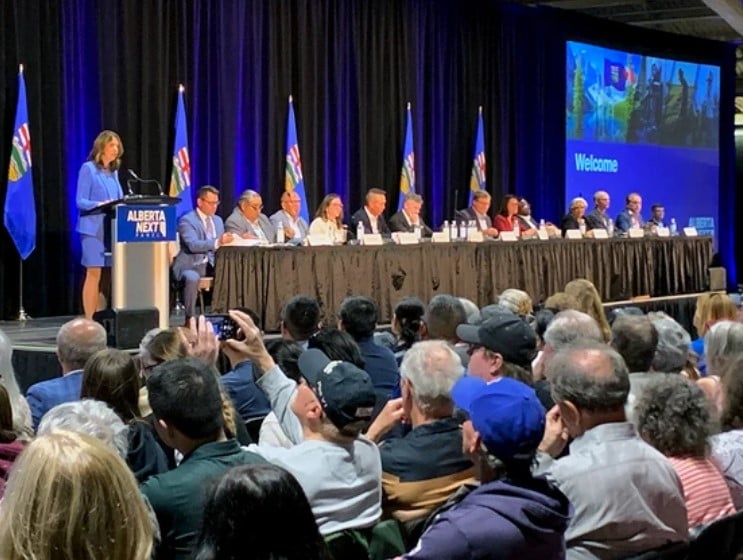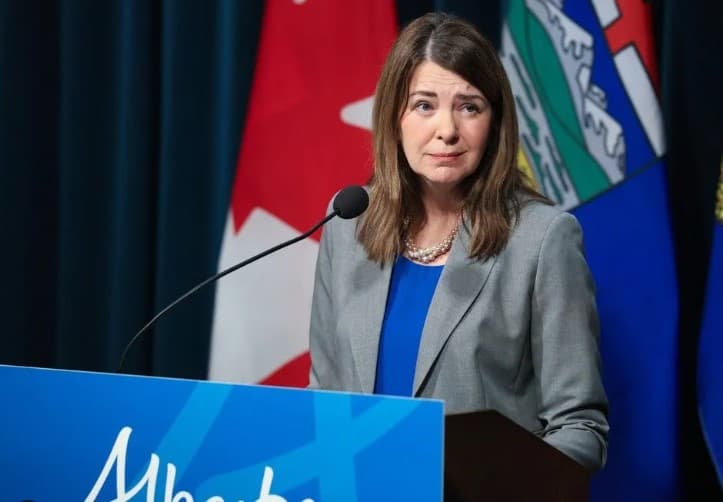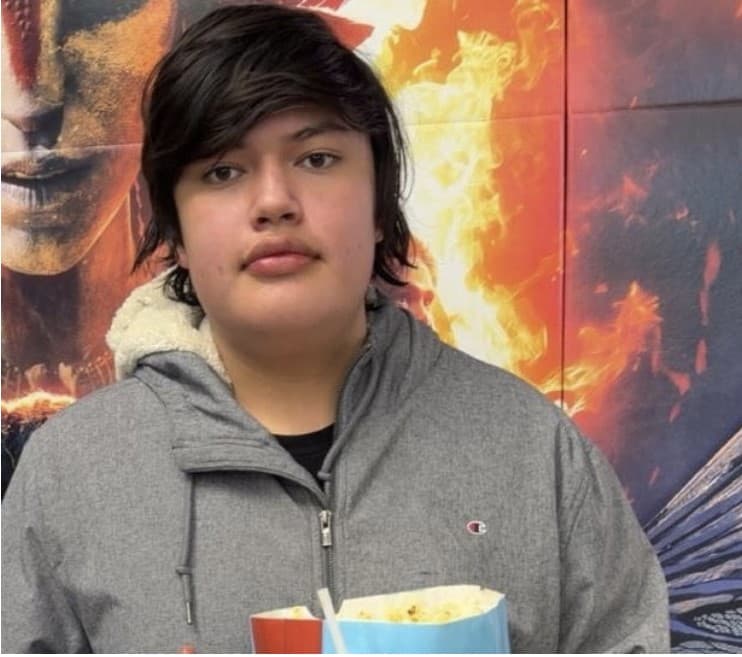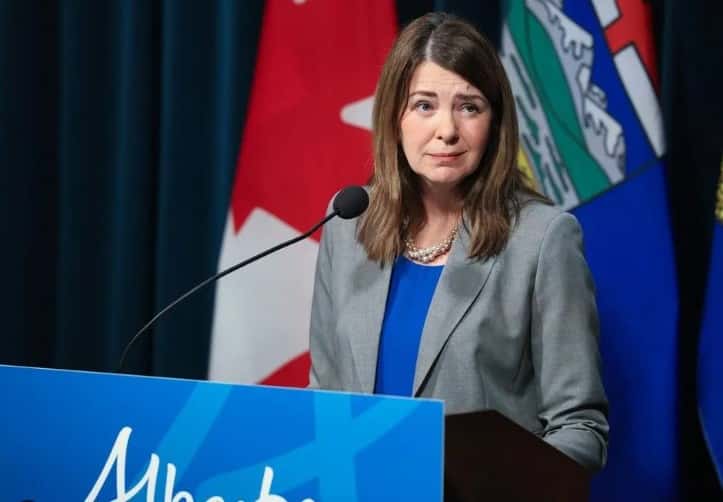At a recent Alberta Next panel, a student stepped up to do something many of us wish more young people would speak truth to power. With thousands of teachers preparing to strike on October 6, he tried to ask a straightforward question about how the government plans to address the crisis in education.
But instead of an answer, his microphone was muted.
The exchange, brief as it was, hit a nerve. For some watching, it felt symbolic of a broader issue: students the very people most affected by overcrowded classrooms and teacher shortages aren’t being given a seat at the table.
The Alberta Teachers’ Association has said the strike is about more than wages. Teachers are demanding smaller class sizes, more resources, and respect for the profession. Yet here was a student, raising those same concerns from a different angle and Bruce McAllister, former Member of the Legislative Assembly of Alberta for Chestermere–Rocky View, not only shut him down but later doubled down, going so far as to suggest the student should be disciplined at home.
To their credit, the panelists later responded with politeness and respect. But the optics were hard to ignore: when young Albertans try to hold leaders accountable, are they truly being heard?
Moments like this matter because they highlight the disconnect between politics and the people who live its consequences. A muted mic can’t mute the frustration of students, teachers, and parents and in many ways, it only makes their message louder.









